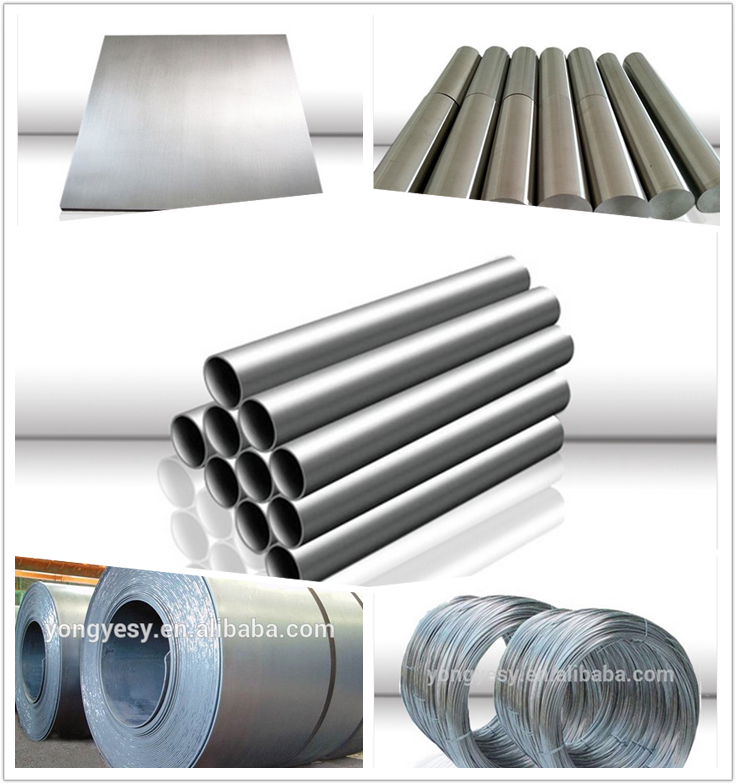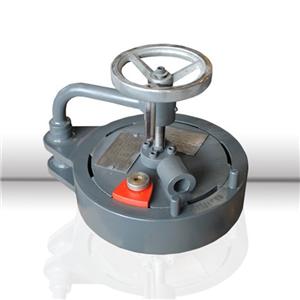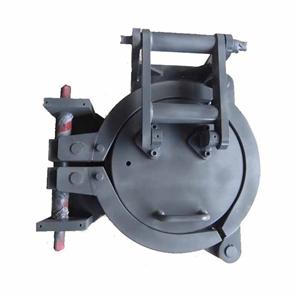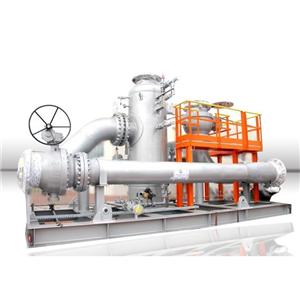- Home
- >
- News
- >
- Industry News
- >
- Titanium Alloy Performance Introduction
Titanium Alloy Performance Introduction
Titanium is a new type of metal. The properties of titanium are related to the content of impurities such as carbon, nitrogen, hydrogen and oxygen. The purest titanium iodide impurity content does not exceed 0.1%, but its strength is low and its plasticity is high. The performance of 99.5% industrial pure titanium is: density ρ=4.5g/cm3, melting point is 1725°C, thermal conductivity λ=15.24W/(mK), tensile strength σb=539MPa, elongation δ=25%, section The shrinkage ratio ψ = 25%, the elastic modulus E = 1.078 × 105 MPa, and the hardness HB 195.

High Strength
The density of titanium alloy is generally about 4.51g / cubic centimeter, which is only 60% of steel. The density of pure titanium is close to steel's. Some high-strength titanium alloys exceed the strength of many alloy structural steels. Therefore, the specific strength (strength/density) of titanium alloy is much larger than that of other metal structural materials. Can be produced for parts with high unit strength , good rigidity and light weight. Titanium alloys are used for aircraft engine components, skeletons, skins, fasteners and landing gear.
High Heat Strength
The usage temperature is several hundred degrees higher than that of aluminum alloy, and it can maintain the required strength at moderate temperature. It can work for a long time at 450~500 °C. These two types of titanium alloys are still very high in the range of 150 °C ~ 500 °C. But aluminum alloy specific strength declined. Titanium alloys can operate at temperatures up to 500 ° C but aluminum alloys at temperatures below 200 C°.
Good Corrosion Resistance
Titanium alloy works in moist atmosphere and seawater medium, and the corrosion resistance is far superior to stainless steel; it is particularly resistant to pitting, acid etching and stress corrosion; organic substances for alkali, chloride and chlorine, nitric acid, sulfuric acid Such as excellent corrosion resistance. However, titanium has poor corrosion resistance to a medium having a reducing oxygen and a chromium salt.
Good Cryogenic Performance
Titanium alloy can maintain its mechanical properties at low and ultra-low temperatures. Titanium alloys with good Cryogenic Properties and very low interstitial elements, such as TA7, can also maintain a certain degree of plasticity at - 253 C. Therefore, titanium alloy is also an important low temperature structural material.




